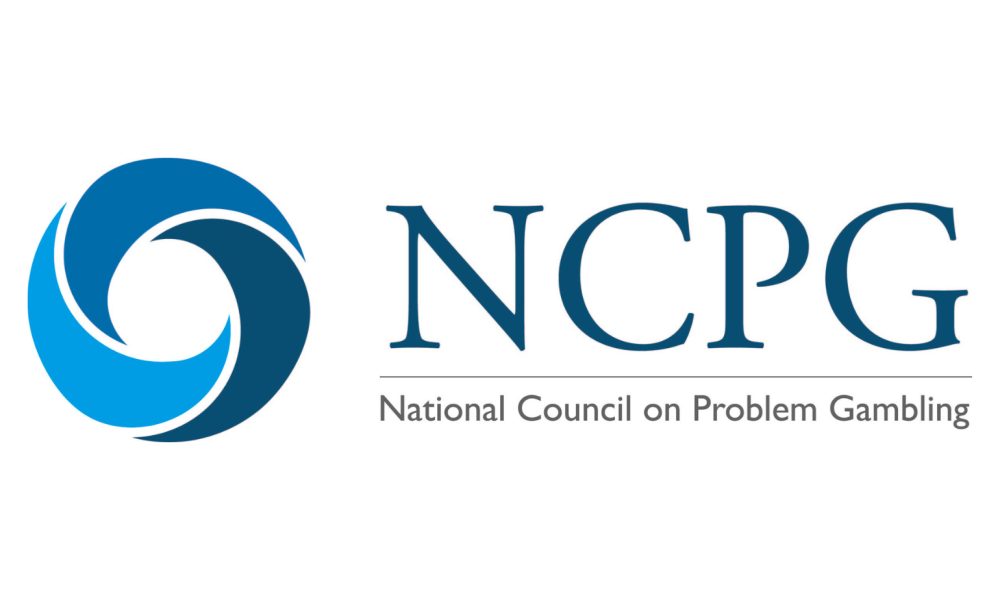The expansion of regulated sports betting in the past five years has placed the National Council on Problem Gambling at the center of the action. Its executive director Keith Scott Whyte spoke to CDC Gaming about the council’s role, taking fire from both sides and what operators could do to improve the industry’s image.
Five years on from the repeal of PASPA, industry talk is dominated by promotional spend impacting revenues, rationalizing marketing budgets and, of course, reaching profitability. On the consumer side of things, the omnipresence of sports betting advertising and promotions has placed responsible gambling and the exposure of predominantly young men at the center of the debate on how much sports betting marketing should be allowed.
High levels of advertising have massively raised the industry’s profile, and enabled brands to acquire customers and generate market share. It has created the current market, with FanDuel, DraftKings and a few others far ahead of competitors; but whether it has done much good for the industry’s image is questionable and has been compounded by mainstream newspapers’ ‘exposés’ portraying the industry in an unflattering light.
If such a backlash against the industry was to be expected, it is also worth wondering whether an equilibrium can ever be reached between critics and the industry. Bearing those factors in mind, CDC Gaming spoke with Keith Scott Whyte, Executive Director of the National Council on Problem Gambling.

Keith Scott Whyte
The NCPG is the leading advocacy organization on problem gambling and corporate and social responsibility in the U.S. Funders include operators and sports leagues and the NCPG works to educate players, enhance protection measures and raise public awareness about enjoying gambling in a safe environment.
Expansion time
Regular readers will know that this reporter has warned of the dangers of allowing the already poor relations between the industry and its critics to worsen further, so as head of the NCPG how does Whyte view the U.S. industry’s expansion of recent years and how it has impacted its image or reputation?
“We always try to hold the center and deliberately avoid the kind of confrontational talk that can lead to polarized reactions,” he says. “But when operators refuse to implement responsible gambling policies, it does create an adversarial relationship which then plays into the 10%-15% of Americans who are anti-gambling.”
The very fast rise and expansion of the industry since 2018 has led to heated arguments that are further complicated by the fact that most consumers don’t distinguish between legal and illegal operators, or regulated and unregulated states.
“These issues create a terrible narrative in the press, among politicians and parts of the public where bad cases might happen. The public is not differentiating between different types of operators and it can easily create a narrative where consumers get the impression that the industry is predatory, greedy and wants to avoid regulation at any cost,” says Whyte.
As ever, the detail of the disagreements is as broad as the many grievances that exist between the industry and consumers, from:
- the sharp banned from every book in town to the player whose account is closed after a few winning bets, to
- the absolutist who wants to see all gambling banned versus those who understand that advertising is part of the business but would like to see limits placed on the number or frequency of adverts.
Whyte, however, notes that the current situation is turning “potential allies like the National Council of Problem Gambling into an adversary”.
“But,” he adds, “those are the issues that are part of the work that is being done in the background. We’re trying to pull everybody together and we’re saying to operators, let’s extend responsible gaming across all your brands across all your verticals, even if you’re not required to.”
Vertical challenge
Extending responsible gambling measures across all verticals, including fantasy sports or social gaming, is one practical step that would likely produce a more positive image for the industry. Whyte doesn’t make the point explicitly, but it is worth wondering if verticals rarely covered within the debate around social responsibility — such as daily fantasy sports, social gaming or even lottery-related instant games — should be included.
Drawing up correlations between real-money regulated products and unregulated DFS or social gaming is an interesting point, Whyte notes that operators providing regulated sports betting or casino in a regulated state are also providing those other products and should offer the same responsible gambling protections for them as they do for real money products.
So what do the operators say when he makes this point to them? “They say: ‘Well, if we do, then that would lead to the argument that these games should be regulated. So we’re going to avoid doing anything with regard to responsible gambling to avoid anyone thinking this might be a gambling product.’”
“It’s a breathtakingly cynical argument,” he adds, “because it’s the same company providing the same products. They could call it consumer protection and, if everything we know about responsibility is true, they would not just minimize risk, but would build better customers across all their products. But that’s where self-regulation fails. Operators won’t do it until someone requires them to.”
Taking fire from all sides
Strong words from the NCPG and its executive director, especially when the organization is funded by operators and sports leagues such as the NFL, currently its “largest donor in our 52-year history”, says Whyte.
When it comes to criticism of the NCPG for taking those funds, Whyte says “operators will say our comments in a newspaper were too critical, while anti-gambling folk will say it wasn’t tough enough, but if we’re getting criticism from both sides, I know we’re right”.
He concludes: “We’re advocates who are neutral on legalized gambling since 1972 and have maintained that stance. We think it allows us to bring together all the stakeholders and believe the partnership model is a good one and we lean into that.”
CDC Gaming will file the second part of the interview with Keith Scott Whyte in the coming weeks, where he will discuss advertising standards, federal funding and working with the American Gaming Association to further promote responsible gambling in the U.S.



